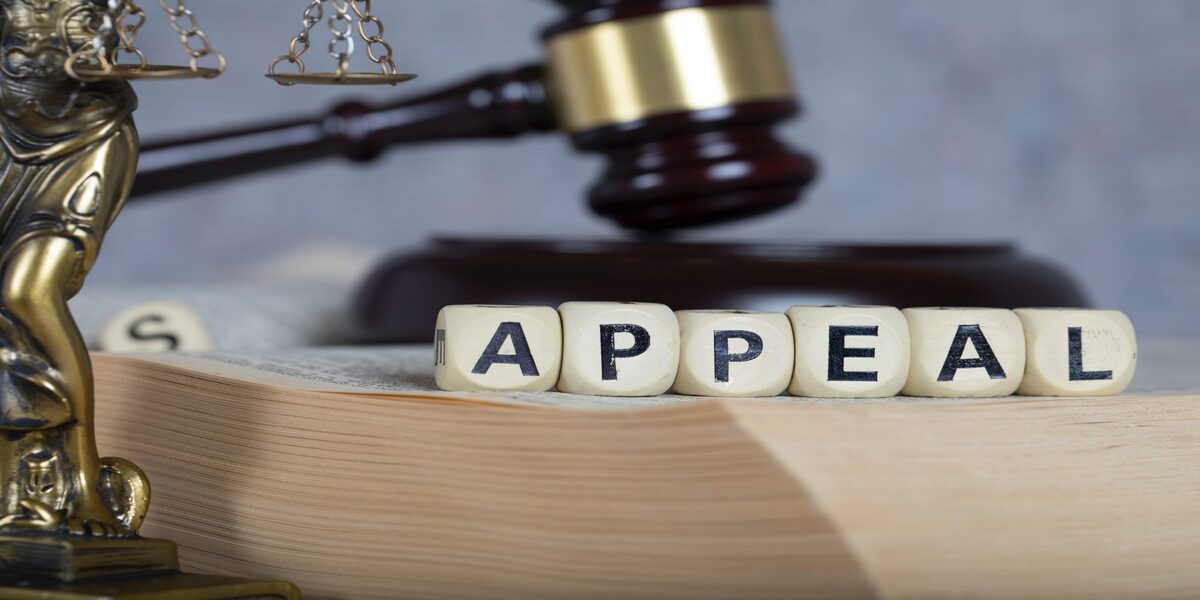Key Insights:
- Coinbase contends that digital asset transactions should not qualify as “investment contracts” under current SEC interpretations.
- Recent court rulings have reinforced the SEC’s broad authority over digital asset classifications, impacting industry operations.
- The appeal to the Second Circuit seeks to clarify the regulatory framework and reduce legal uncertainties in the crypto sector.
Coinbase has initiated a legal challenge against the SEC, contesting the agency’s decision to classify certain crypto transactions as investment contracts. This action follows a recent court ruling that permitted the SEC’s lawsuit against Coinbase to proceed. Paul Grewal, the company’s chief legal officer, highlighted the appeal’s goal to question the SEC’s regulatory scope under current securities laws.
Today @Coinbase filed a brief asking the Court’s permission to seek an interlocutory appeal in our @SECGov case on this controlling question: whether an “investment contract” requires something contractual – we think it does, the SEC disagrees. 1/5 https://t.co/M5HgMQxCLF
— paulgrewal.eth (@iampaulgrewal) April 13, 2024
The company’s appeal to the Second Circuit aims to suspend the ongoing lawsuit while reviewing the SEC’s authority to apply the investment contract classification to digital asset transactions. Coinbase seeks judicial clarification to mitigate the prevailing legal uncertainties impacting the crypto industry.
According to Coinbase, a century of legal standards requires post-sale obligations to define an investment contract. However, the SEC has proposed that integrating digital assets into a token’s ecosystem might itself constitute an investment contract. “In the 90 years since the federal securities laws were enacted, neither the Supreme Court nor the Second Circuit has ever found an investment contract without a post-sale obligation,” Coinbase’s legal team emphasized.
This SEC’s stance has sparked debates among legislators, regulators, and industry stakeholders. Even SEC Commissioners have pointed out the ambiguity this interpretation brings to the crypto environment. Coinbase believes that the Second Circuit’s review could decisively remove the “cloud of legal uncertainty” that currently overshadows the industry.
The context of this appeal stems from Judge Katherine Polk Failla’s decision last month. In it, she sided mostly with the SEC in demanding Coinbase’s registration as an exchange, broker, and clearinghouse. However, she agreed with Coinbase regarding their wallet product, which she found unrelated to the SEC’s securities allegations.
Coinbase’s legal strategy underscores the inconsistencies in applying the traditional investment contract framework, established by the Howey Test, to digital assets. The company contends that the transactions in question do not meet the conventional elements that characterize an investment contract.
Paul Grewal stated, “The application of Howey to digital asset transactions raises hard questions that have divided Members of Congress, Senators, and regulatory agencies.” This division underscores the complex, nuanced nature of digital asset regulation and the need for precise judicial interpretation.
Moreover, the appeal could provide a critical judicial perspective on the SEC’s regulatory overreach claims. It presents an opportunity for the Second Circuit to clarify the application of securities laws in the context of evolving digital transactions.
Despite the ongoing legal challenges, Coinbase remains committed to contesting the SEC’s claims, aiming to foster a more defined regulatory framework for the digital asset industry. This case not only impacts Coinbase but also sets a significant precedent for the cryptocurrency sector at large.
The appeal injects crucial considerations into the debate over digital asset classification and regulation, potentially guiding future SEC enforcement actions and industry practices. The Second Circuit’s decision will be pivotal in shaping the regulatory landscape for cryptocurrencies, impacting stakeholders across the board.

